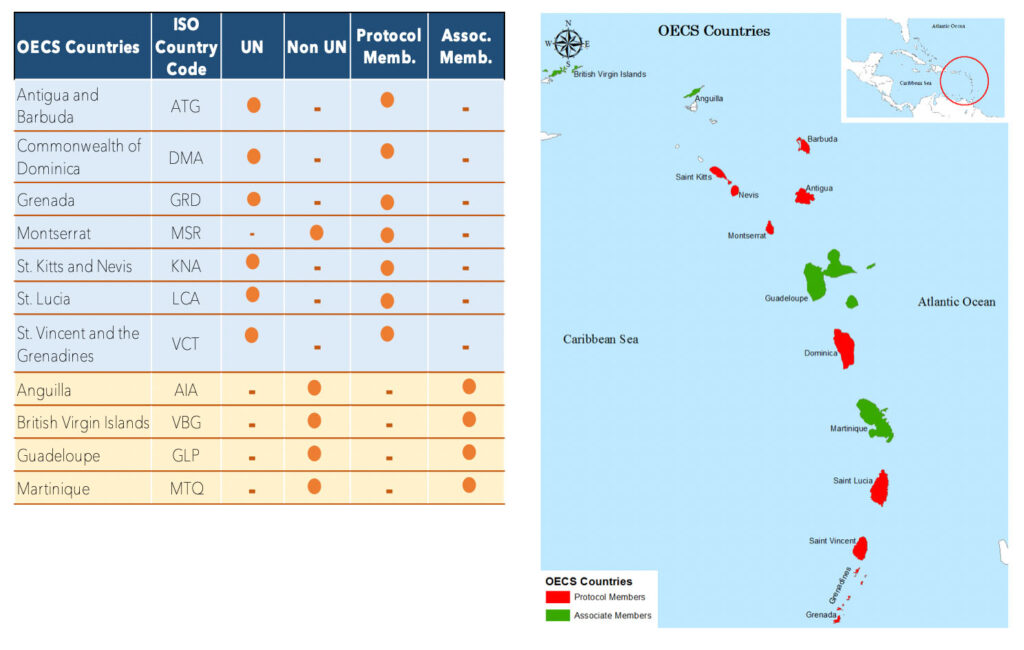By: admin
Washington, USA, May 04, 2022 (SWM Guidebook for OECS)
Aim Texas has signed a Contract for preparation of a Disaster and Climate Resilient SWM Guidebook for OECS (Eastern Caribbean) Countries. The objective of this assignment is to support the development of a guidebook for senior policy makers on DRM and climate resilient SWM systems in OECS countries. The World Bank hired Aim Texas to carry out work on behalf of the Bank. The deliverables will be used by the Bank in its future SWM program in various regions.
The SWM sector in OECS countries experiences significant gaps in their climate resilience and disaster risk management (DRM) preparedness due to a number of factors, including:
- Siting landfills and placing equipment in places without adequate consideration of their exposure to emerging climatic risks and impacts.
- A lack of SWM policymaking, programming, strategic planning, private-public partnering arrangements, and capital investments.
- A lack of C&D waste and yard waste handling procedures, regulations/policies and pre-prepared infrastructures as the most common build-up of waste after a natural disaster is yard waste and C&D waste.
- Ineffective implementation and/or enforcement of climate-informed building codes and zoning ordinances.
- Inadequate provision of staffing and on-going training to stay abreast of evolving strategies and successful operations in other OECS countries or other SIDS, and
- Not fully utilizing DRM-related climate change data and identifying viable and cost-effective adaptation strategies and measures; among other factors.
The OECS has seven protocol members and four associate members. Six of the protocol members have UN membership, only Montserrat does not along with the four associate members.

The scope of the work comprises of the following activities:
- Review and assess data and information on SWM, DRM and CAA measures and policies in OECS and other SIDS which prone to disasters, natural events and clime change worldwide, including Un based information, data and reports and the individual country relevant policies.
- Review and assess the countries’ enabling framework policies, including legal/regulatory, institutional, financial, social inclusion, private sector involvement, and fiscal risks and insurance against the disaster damage.
- Assess gaps and shortages on the countries’ relevant policies.
- Prepare a SWM Guidebook for the region.
- Hold dissemination workshops inviting the decision-makers in the region, and collect their comments and suggestions.